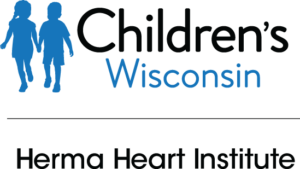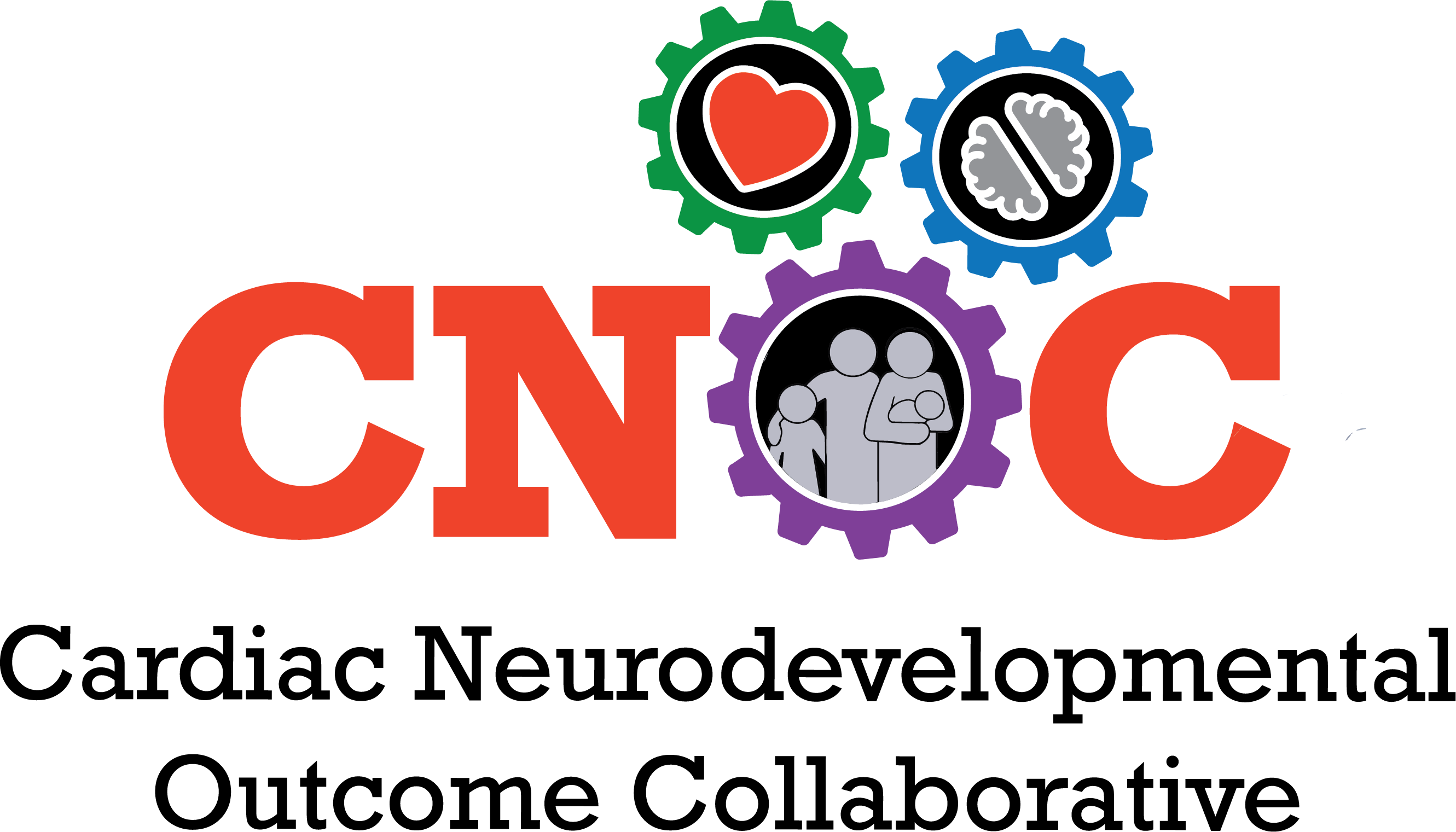Name of Program: Herma Heart Institute Cardiac Neurodevelopmental Follow-Up Program
Year Program Established: 2007
Program Leaders: Dr. Laurel Bear and Dr. Cheryl Brosig
Key Staff and Specialties:
Inpatient Team:
Sonya Baillie OTR, inpatient occupational therapist
Angie Birler MS CCC-SLP, inpatient speech and language pathologist
Rachel Bullis OTR, inpatient occupational therapist
Katherine Frontier MS CCC-SLP, inpatient speech and language pathologist
Amy Graber MS CCC-SLP, inpatient speech and language pathologist
Holly Hyland PT, inpatient physical therapist
Jennifer Rauscher APNP, inpatient nurse practitioner
Nancy Rudd APNP, inpatient nurse practitioner
Ann Scott APNP, inpatient nurse practitioner
Jena Tanem APNP, inpatient nurse practitioner
Outpatient Team:
Laurel Bear MD, developmental pediatrician
Cheryl Brosig PhD, pediatric psychologist
Amy Buckbee MS CCC-SLP, outpatient speech and language pathologist
Ann Chin RN, program coordinator
Paula Jasperson PT, outpatient occupational therapist
Kristin Kroll PhD, pediatric psychologist
Rachel Kwapick PT, outpatient occupational therapist
Michelle Loman Moudry PhD, pediatric neuropsychologist
Laura Shevy MS CCC-SLP, outpatient speech and language pathologist
Laura Umfleet PhD, adult neuropsychologist
Heather Weyda OTR, outpatient occupational therapist
Age Range of Patients Served: 0 to adulthood.
Description of Inpatient Program(s): Developmental rounds are conducted and each patient receives a developmental care plan. Patients are followed by speech, occupational and physical therapy. Psychology is available for consultation to assist with parent/patient/family coping. Cardiac nurse practitioners ensure that patients who meet AHA high risk criteria have a neurodevelopmental follow-up appointment scheduled at the time of discharge.
Description of Outpatient Program(s): Patients who meet AHA high risk criteria are seen by a developmental pediatrician and a speech, occupational or physical therapist every 6 months until age 2.5 years. Psychology conducts preschool evaluations at age 3 and 5 years. School age children are referred as needed to pediatric neuropsychology, and adults are referred to adult neuropsychology. In addition to testing, psychology provides outpatient therapy services to cardiac patients and families. Our neurodevelopmental follow-up team collaborates with our School Intervention Program who assist families with getting health plans and neurodevelopmental recommendations implemented at school.
Description of research or QI projects in cardiac neurodevelopment – undergoing or accomplished: We have published numerous studies from our outpatient clinical data registry (started in 2007) on the developmental trajectory of our patients. Current QI projects include increasing tummy time in our cardiac intensive care unit, creating a video about sternal precautions for parents, nursing training in cue-based feeding for infants, screening patients age 8-18 in the ambulatory setting for post-traumatic stress disorder, and surveying parents about their primary concerns related to return to school in the time of COVID-19.
Unique features and strengths of this program: Our program is unique in that we were the first to establish a cardiac neurodevelopmental follow-up program as part of routine cardiac care. Our executive leadership team is not only supportive of our clinical program, but values our research and education contributions. All cardiology fellows rotate through our neurodevelopmental clinic so that they have a better understanding of what their patients experience during these assessments. We are fortunate to have breadth and depth in our provider group so that we are able to provide neurodevelopmental care across the lifespan. We have been able to expand our School Intervention Program team, which has been critical to our success in getting our neurodevelopmental recommendations implemented in schools.

